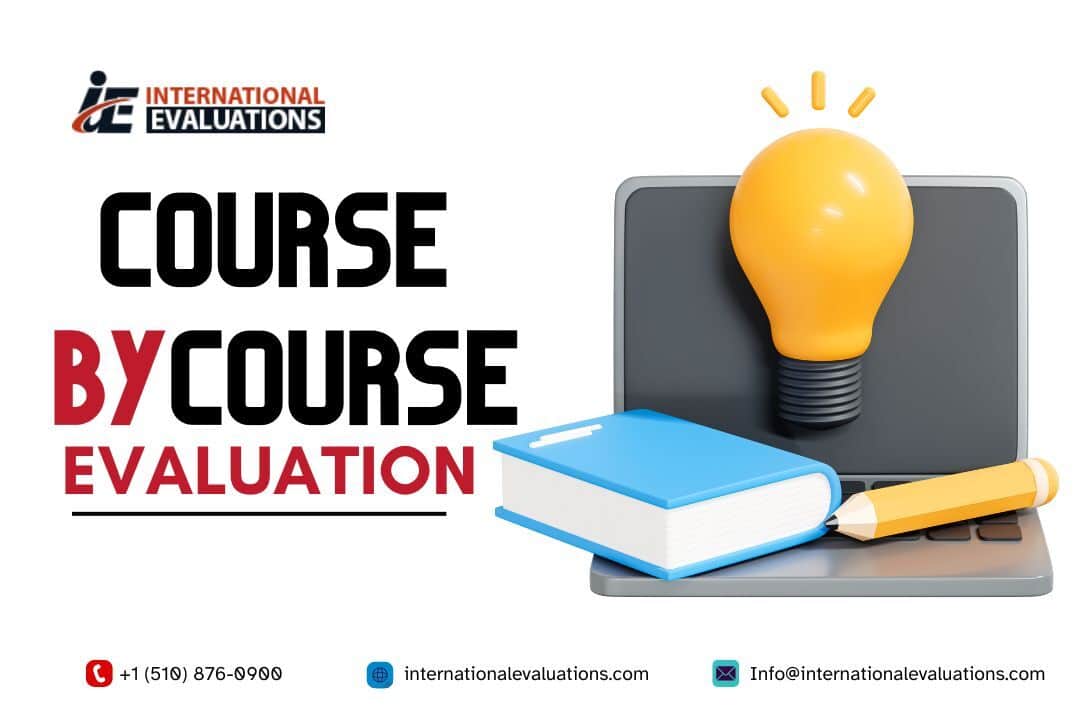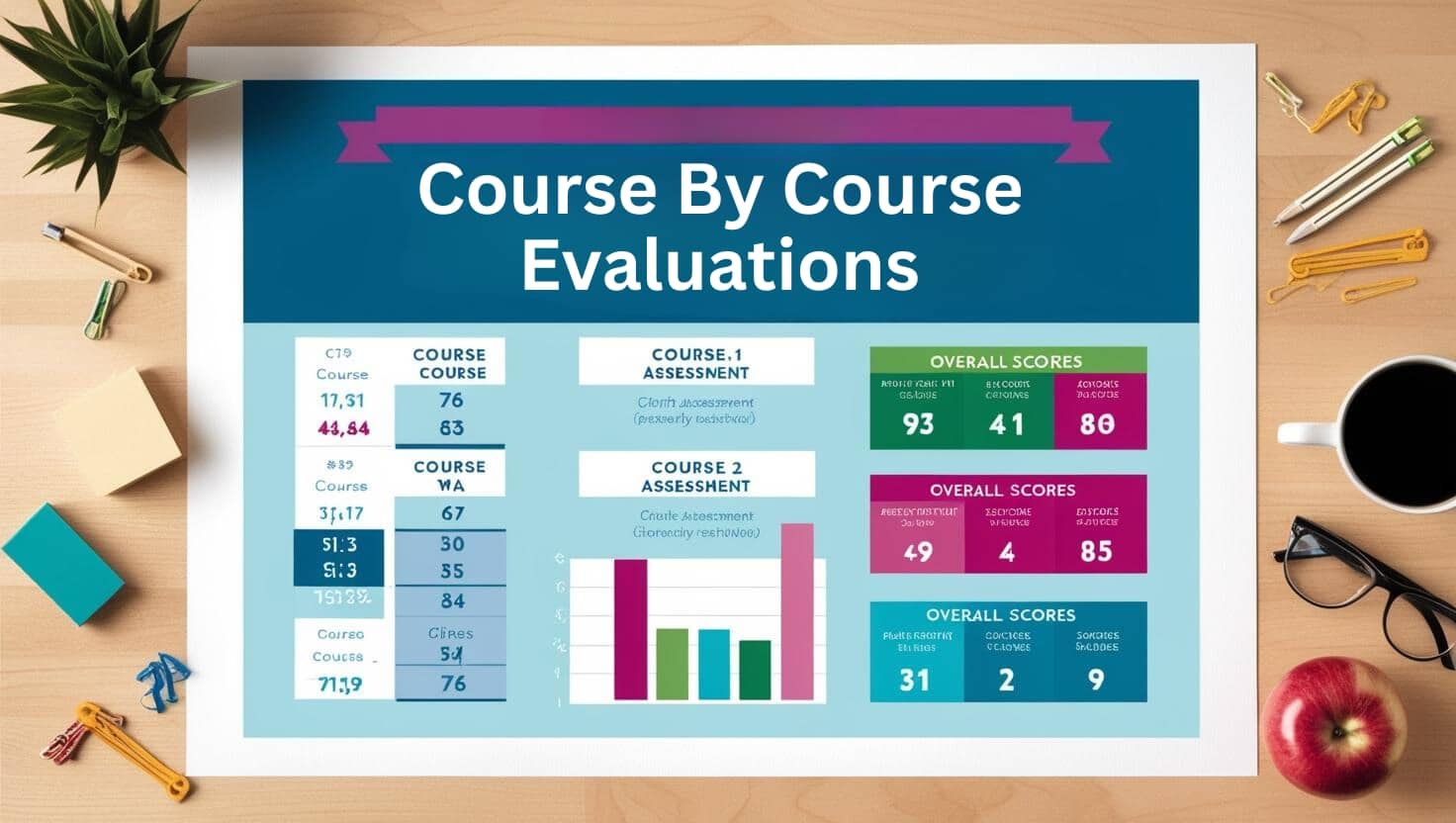expert opinion letter for h1b rfe
Introduction
In today's globalized world, the movement of individuals across borders for education and employment has become progressively typical. However, this mobility often brings with it the obstacle of making sure that scholastic credentials are recognized and valued across different nations. Academic credential examination acts as an important tool in bridging these spaces, allowing individuals to pursue chances abroad while offering companies with a trustworthy methods to assess foreign qualifications. This short article dives deep into the significance of scholastic credential evaluation, exploring various elements such as global credential examination services, course-by-course credential examinations, work experience evaluations, professional viewpoint letters, and company plan evaluations.
Academic Credential Examination: Understanding Its Importance
The essence of academic credential assessment lies in its capability to equate instructional certifications from one country into terms that are reasonable and appropriate in another. This process is crucial for a number of factors:

Types of Academic Credential Evaluations
There are several types of academic credential evaluations customized to particular needs:
International Credential Assessment Services
These services specialize in reviewing academic documents from different nations. They supply extensive reports detailing how foreign degrees compare to regional qualifications.
Course-By-Course Credential Evaluation
This type breaks down a person's coursework into specific topics studied and grades got, enabling a comprehensive contrast with local standards.
Work Experience Evaluation
For those going into the workforce without official qualifications, work experience evaluations assess relevant professional experience versus established benchmarks.
Expert Opinion Letter
A specialist viewpoint letter can be critical when navigating intricate migration processes or job applications. It offers an expert assessment of an individual's qualifications and experiences.
Business Plan Evaluation
For business owners seeking financing or partnership opportunities abroad, assessing a company plan makes sure that it satisfies regional requirements and expectations.
The Process of Academic Credential Evaluation
Understanding how academic credential evaluation works is vital for anybody aiming to browse this intricate landscape.
Step 1: Gathering Documents
The primary step includes gathering all pertinent scholastic documents such as diplomas, transcripts, and certificates. These should generally remain in their initial language.
Step 2: Choosing an Evaluation Service
Choosing an accredited assessment service is vital. Look for organizations acknowledged by professional bodies or universities within your location country.
Step 3: Sending Documents
Once an assessment service is picked, applicants send their files along with any required types and fees.
Step 4: Evaluation Process
The assessment service evaluates the submitted products against developed criteria. This may consist of verifying the authenticity of documents straight with providing institutions.
Step 5: Receiving Results
After thorough analysis, evaluators provide a report detailing equivalencies in between foreign certifications and local standards. This report can then be used for task applications or additional studies.
Why Pick Expert Examination Services?
Many might wonder why it's needed to select professional evaluation services instead of self-assessment. Here are essential factors:
Expertise: Expert critics possess specialized knowledge about different instructional systems worldwide. Credibility: A report from a recognized organization brings weight with companies and instructional institutions. Comprehensive Analysis: Specialists conduct extensive analyses beyond mere file confirmation-- considering factors like course content and institutional reputation. Time-Saving: Browsing through different requirements can be time-consuming; experts enhance this procedure efficiently.Common Misunderstandings About Academic Credential Evaluations
Despite its significance, there are a number of misconceptions surrounding academic credential evaluations:
Misconception 1: Evaluations Are Just for Immigrants
While lots of immigrants look for evaluations for residency or work authorizations, domestic students also benefit from these assessments when transferring schools or obtaining scholarships.
Misconception 2: All Examinations Are the Same
Different functions require various kinds of evaluations; what works for one circumstance might not be sufficient in another context (e.g., immigration vs. work).
Misconception 3: Examinations Are Not Needed If Degrees Are From Well-Known Institutions
Even degrees from prestigious universities might need examination if they originate from different nations due to variations in grading systems and curricula.

Navigating Challenges in Academic Credential Evaluation
While pursuing a scholastic credential evaluation can seem simple, numerous difficulties might develop throughout the process:
Language Barriers
Non-English files require accurate translation-- a job best left to licensed translators acquainted with technical terms related to education.
Cultural Distinctions in Education Systems
Understanding how various countries structure their education systems helps evaluators make reasonable comparisons but can posture obstacles if unfamiliarity exists on either side.
Document Authenticity Issues
Institutions sometimes deal with problem validating files directly due to administrative hurdles or lack of cooperation from foreign entities.
Conclusion
Academic credential evaluation plays an indispensable role in assisting in worldwide movement for trainees and experts alike. By bridging gaps between nations' education systems through comprehensive assessments-- whether through global services or specialized examinations-- people access not only to higher education but likewise enhanced task potential customers globally. In doing so, we create pathways that empower people while promoting cross-cultural understanding within our interconnected world.
FAQs
What is scholastic credential evaluation?
Academic credential examination is a procedure through which instructional qualifications acquired in one nation are assessed against requirements in another country to figure out equivalency.
Why do I require my qualifications evaluated?
You might need your credentials examined if you're planning to study abroad, make an application for jobs globally, or immigrate; this guarantees your qualifications are understood by institutions or companies in a new country.

What types of evaluations exist?
There are various types consisting of global credential evaluations, course-by-course examinations, work experience assessments, professional viewpoint letters, and business strategy evaluations customized to particular needs.
How long does the evaluation process take?
The timeline differs depending on the complexity of your case and the company's workload; nevertheless, many assessments take anywhere from two weeks to numerous months.
Can I evaluate work experience instead of formal education?
Yes! Work experience assessments evaluate pertinent professional experiences versus developed standards when formal education isn't readily available or applicable.
li13/ol3/##
By understanding these components concerning Academic Credential Evaluation, you're much better equipped not simply personally but likewise professionally as you embark on brand-new journeys throughout borders!